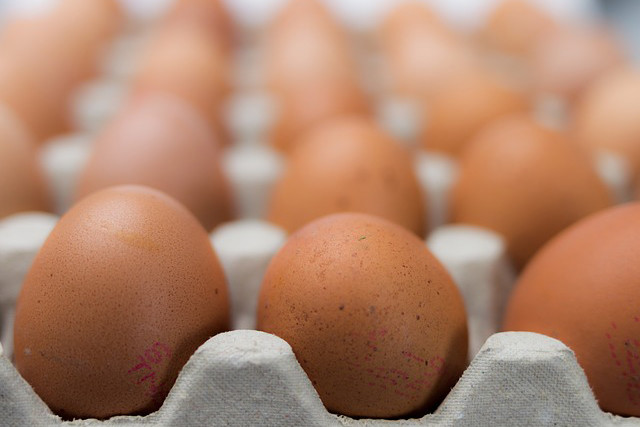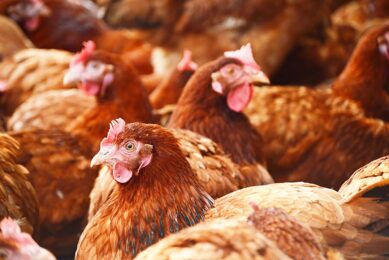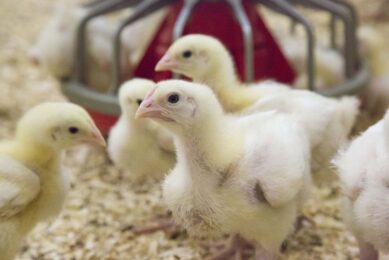Egg Nutritional Research: Taking the World by Storm

Eggs were seen in the 1990s as a valuable source of protein but more recently, research has revealed that regular consumption of eggs can cut the risk of strokes and help with cognitive understanding in older people.
Eggs beneficial for 6-9 month old babies
Tia Rains, Egg Nutrition Centre director, said the most exciting development had come earlier this year when research was published on the effects of giving eggs 6 to 9 month old Ecuadorian infants an egg a day for 6 months.
The research found a reduction in stunted children of 47% and a 74% fall in those underweight.
The results provoked a media frenzy, particularly as it coincided with the start of the United Nations Decade of Nutrition.
Research: Feeding eggs in children
Ms Rains said the Egg Nutrition Centre had also carried out research on nutritional effects of eggs in a pilot study in Uganda schools and had uncovered similar findings. The Centre was following closely 5 pieces of research involving feeding eggs to children. These are taking place in Zambia, Ethiopia, Ghana, Bangladesh and Burkino Faso.
50 egg studies across the US
“It is amazing to think that 10 years ago we were told to wait until children were 2 years old because of food allergies and now we are finding out all these benefits in 6, 9 and 12 month infants.”
She said the Egg Nutrition Centre was involved in a total of 50 wide-ranging studies across the US.
Technological advances in egg processing
Dr Fabien De Meester, founder of Kraków-based DMF, talked about some of the technological advances in egg processing.
Dr De Meester, who was presented with the IEC’s Egg Processor of the Year award, said there was huge potential in the use of ovo-peptides and ovo-lipids from eggs for the life science and computer services industries.
He stressed it was important that eggs used must have good membranes, free from bacteria, in order to abstract the ovo-peptides and ovo-lipids.
Join 31,000+ subscribers
Subscribe to our newsletter to stay updated about all the need-to-know content in the poultry sector, three times a week. Beheer
Beheer








 WP Admin
WP Admin  Bewerk bericht
Bewerk bericht